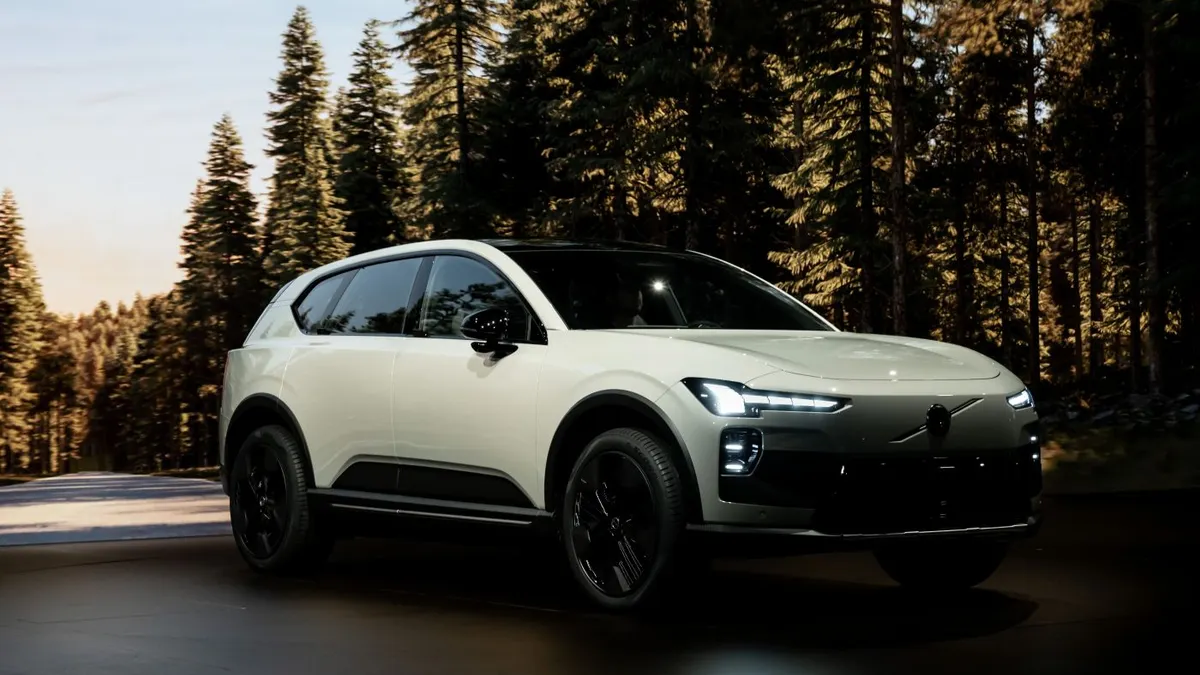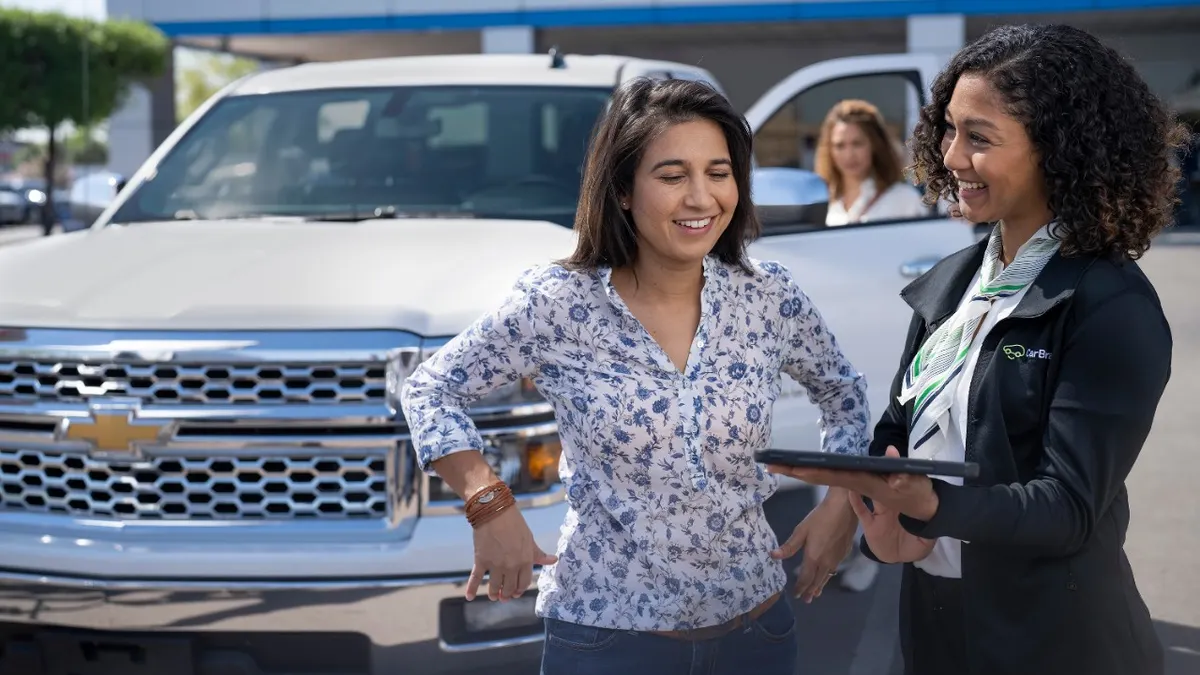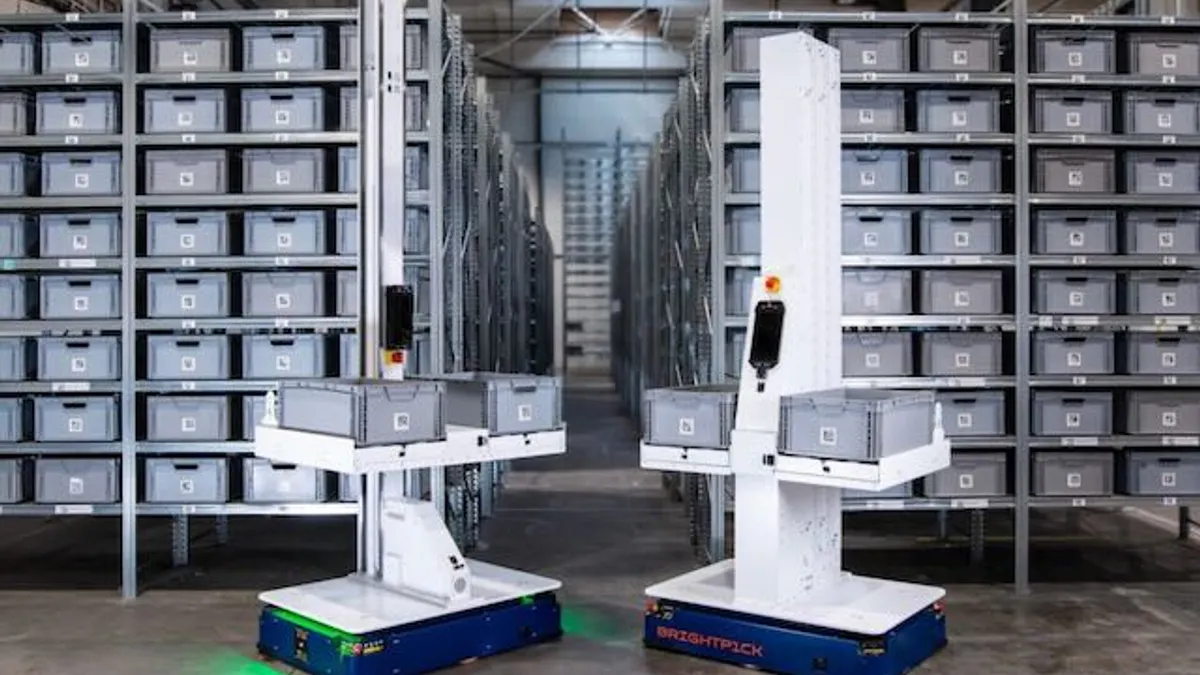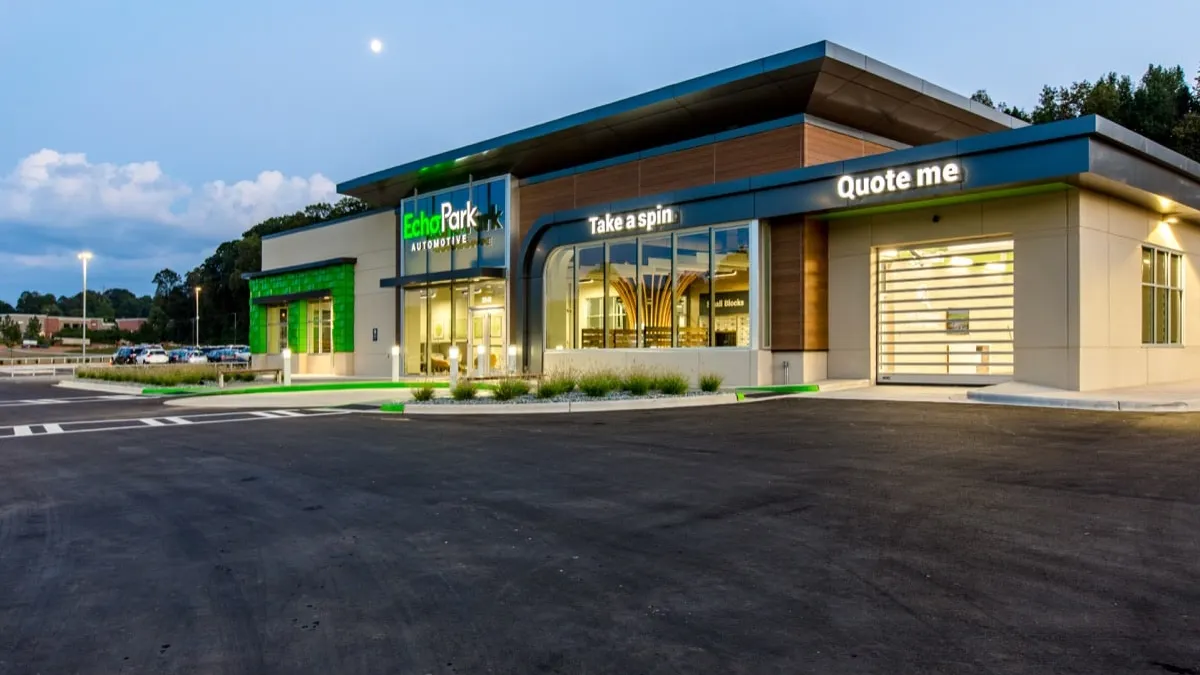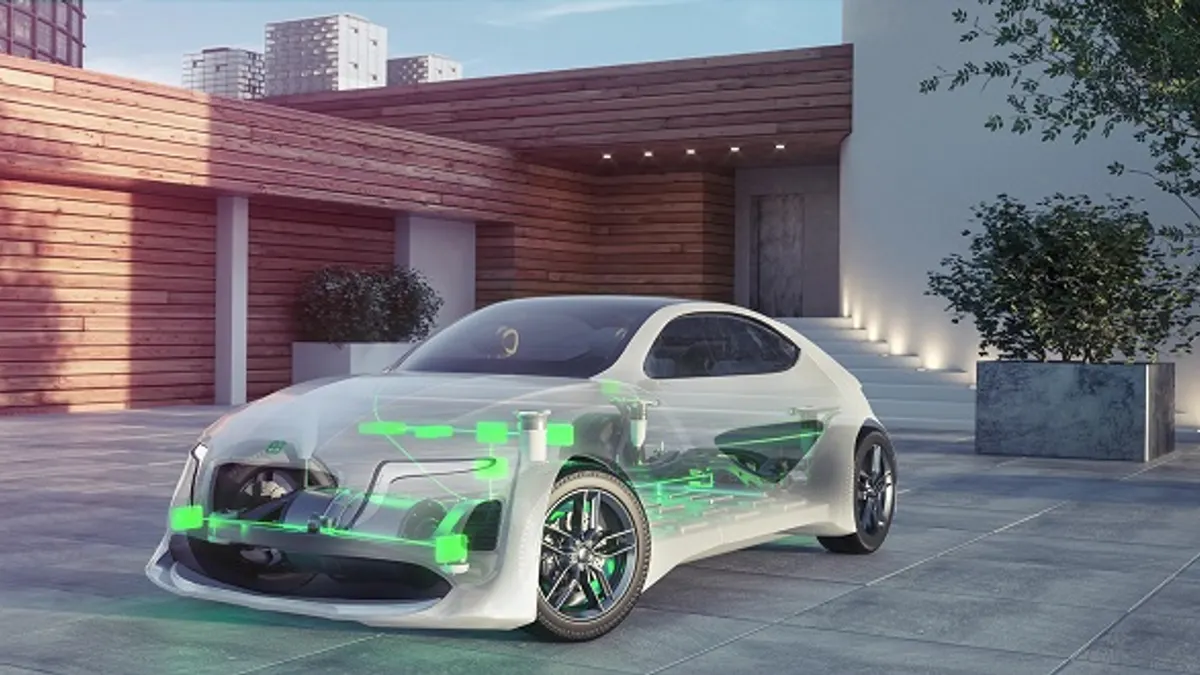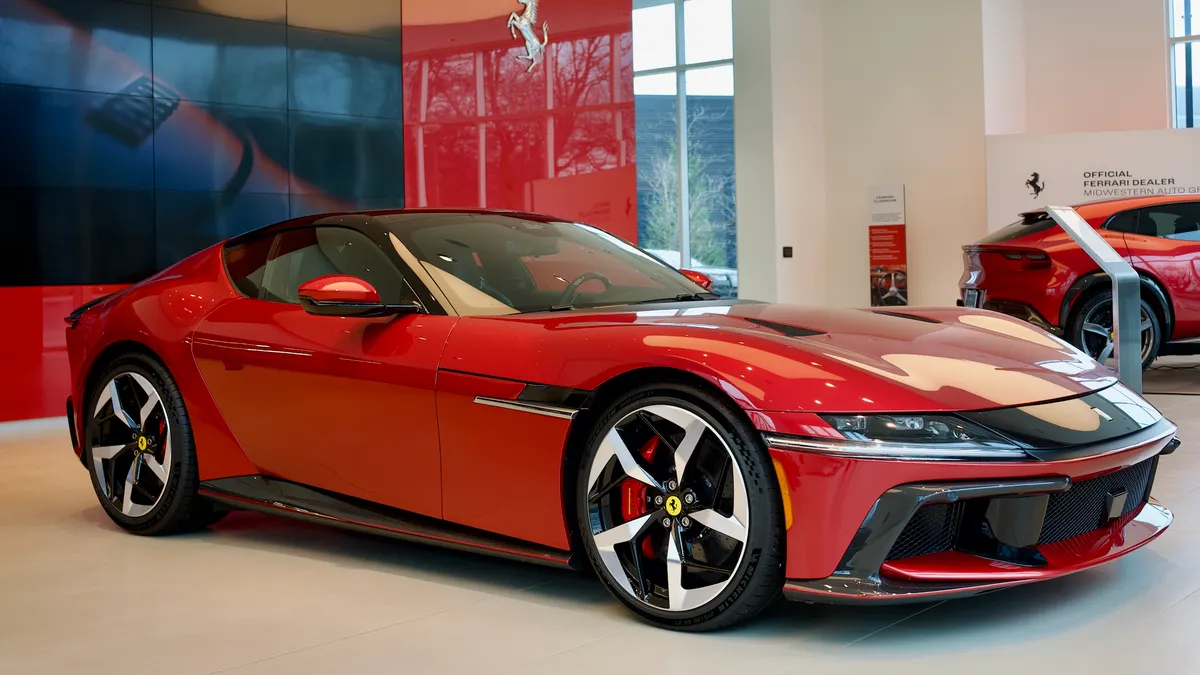Editor's note: This story is part of the WardsAuto digital archive, which may include content that was first published in print, or in different web layouts.
PARIS – PSA CEO Carlos Tavares offers a blunt assessment of the French automaker within the new mobility space, calling it a “dinosaur” among more fleet-footed and advanced players in the emerging sector.
“Sure, we are a dinosaur, no doubt about it,” Tavares tells reporters at the Paris auto show. “But one of our strengths is we know that we are a dinosaur and we have the willingness (to not) be the first to disappear.”
But Tavares says enthusiasm among new mobility players to work with PSA as the automaker stakes its place in the realm reinforces his survival-of-the-fittest strategy.
“It creates a very healthy relationship where we don’t interfere with the way the startups are run,” he adds. “We let the creators run the company as they wish, but we give them the possibility to use everything we have on our shelves to support that pace of growth. We feel quite confident.”
PSA this week joined a host of other automakers, including Daimler and BMW, with announcements at the biennial show to advance new strategies to battle Silicon Valley startups in the areas of autonomous driving, connectivity, car-sharing and ride-sharing.
Shared services are expected to generate billions of dollars in revenue for automakers in the coming years. Consultant McKinsey estimates the sector, including electrification, will grow automaker revenue pools 30%, or upwards of $1.5 trillion, by 2030.
PSA revealed Wednesday it has built what it calls an ecosystem of 15 partners and developers in shared mobility, targeting sustainable, smart and safe solutions for the space. Its push includes forming a mobility-services unit and the launch of Free2Move, a brand encompassing its activities in car sharing, connected services, fleet management and a leasing option aimed at making its Peugeot, Citroen and DS vehicles more affordable to a broader swath of consumers.
Strategy Excludes ‘Throwing Money’ at Mobility
PSA also revealed obtaining a stake in North American car-sharing business Communauto to complement a similar service it has begun in France with Ballore Group, an EV fleet manager in Europe. PSA and Ballore recently started a car-sharing service in Los Angeles, as well.
The automaker is breaking into connected-fleet-management services with Europe’s Masternaut and has stakes in French peer-to-peer car rentals units Koolicar and Travelcar. The more mature TomTom Telematics and IBM also are fresh partners of PSA.
PSA disclosed spending $112.1 million (€100 million) for its new mobility partnerships with a target of $336.3 (€300 million) in revenue from the investment by 2021.
Tavares says the intention is not to throw money at the new mobility challenge facing his industry, but to defend its position.
“If you let those startups become bigger and bigger (and) the more you wait, the more it will cost you,” says Tavares, who came to PSA in 2014 and guided the automaker through a near-bankruptcy and a restructuring process it completed earlier this year.
He says as new mobility startups grow and become profitable, they will charge a greater premium to collaborate.
“That’s why we identify the startups with the highest credentials and we step in at the right moment,” he says. “One of the things that dinosaurs, like myself, have learned is that in some cases you have to be a little bit patient.”
Tavares also reiterates the automaker’s plan to return to North America over the span of a decade, beginning with its car-sharing venture with Ballore in Southern California. The service will pave the way for retail sales of an undetermined brand of PSA vehicles, an activity it ceased in the U.S. more than 25 years ago. PSA’s luxury DS brand reportedly will lead the way, although Tavares would not confirm that.
“The first lesson that we have learned is that you cannot enter the North American market if you don’t know precisely the U.S. consumer’s expectations, hence the fact that we have announced it to be a 10-year project,” he says.
Business practices and distribution models also are unique in North America, and in the U.S. there are variations within states, he observes.
“Therefore, we want to take our time,” Tavares says. “Because the goal is not to announce that we will go back to the North American market. The goal is to come back and stay.”





